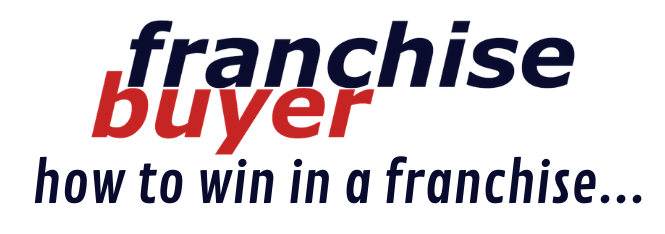October 15, 2016
CashFlow It: How to best balance equity and debt in your business
Leading Franchise funding expert Cashflow It takes the stress out of finding the right finance solution

Equity vs Debt Finance
Equity finance often involves family or friends contributing capital into the business, therefore, are two common forms of finance: equity and owning a percentage. Debt finance usually entails borrowing funds from one or a combination of lending institutions including banks, loans from family members or investors and specialist asset finance.
Debt = cash flow pressure
“As a general rule you don’t want a business 100 percent funded by debt”, says Cashflow It Managing Director, James Scurr.
“Structuring your capital this way puts too much pressure on cash flow and the business’ profitability.”
“It’s important to have a good mix between debt and equity. And how much debt compared to how much equity is all dependent on the business owner and what they feel comfortable with”. However, your business model can also be an influencing factor. “There are some very high volume, high margin franchises that can sustain a high level of debt compared to a small service-based franchise where I’d advise a higher equity ratio”, says James.
What if things go bad?
For franchises looking to source equity from investors, friends and family, certain things should be taken into consideration before signing on the dotted line. Business owners should always ask themselves “what if things go bad”, says James. “Personal relationships need to be considered, and there needs to be a clear understanding of what role or contribution investors play and if the business could benefit from their skills and knowledge”.
Assets as finance security
Realistically, most businesses can’t raise all the equity needed to start their business. While there are plenty of options to choose from, many franchises’ benefit from asset finance, James explains. “Unlike banks, we don’t take security over assets like property to secure a loan, we only take security over the assets we’re funding. Another area we differ is the length and difficulty of the assessment process. Specialist asset funders are very quick and flexible”. The type of asset finance you choose should be based on your specific business circumstances, as well as tax implications and other benefits. Most asset funders offer three options: rental finance, leasing and chattel mortgages (business loans). But we always encourage franchisees to discuss what solution is best for them with their accountant”, shares James.
The ideal scenario is someone who is contributing an amount of capital to the business in the form of their own equity, and accessing both a portion of bank funding and asset funding. “It’s important to see the franchisee is contributing their own capital”, says James..
















